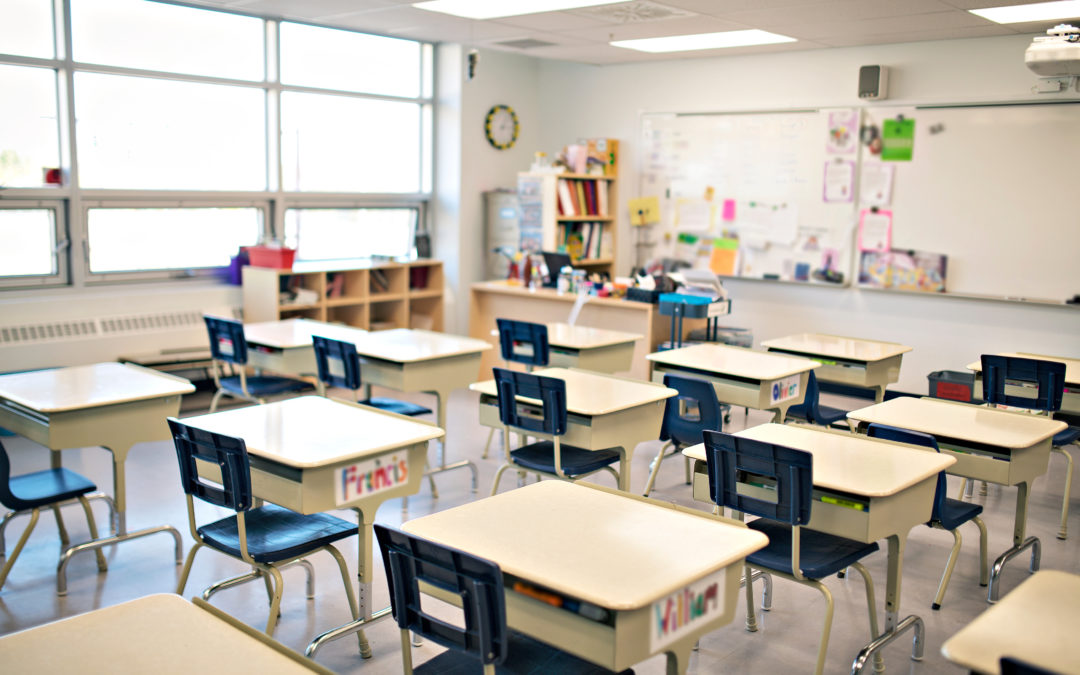On June 8, 2023, the Senate Finance Committee released its draft of the HB 33, the state biennium budget bill. The draft contained some unfortunate proposals that will impact special education if passed in the final version of the bill, which is expected by the end of June. This article is current as of June 15, but the budget is moving quickly to its conclusion as the final conference committee completes its work and sends the bill to the Governor. Stay tuned for additional updates and possible changes.
Scholarship Changes
In addition once again expanding the EdChoice program by more than $373 million over two years, the Senate Finance Committee’s proposed bill also expands the Autism Scholarship Program (ASP) to any child who has been “identified” with autism by the child’s resident school district, or who receives services through an Individualized Education Plan (“IEP”) that are related to autism. Perhaps most concerning, the proposed bill would require school districts to develop “education plans” for a child who is eligible for a scholarship based on a diagnosis of autism, but who does not have an IEP. As districts are well aware, many students have received a medical diagnosis of autism at some point in their childhood yet are determined not eligible for an IEP or even a Section 504 plan because they do not demonstrate a need for special education and related services or any type of accommodations and modifications. This proposal requires development of an “education plan” regardless of need. Further, it provides students with access to the ASP even though they have not demonstrated eligibility for special education.
Both the House and current Senate budget proposals include an increase to the Jon Peterson Scholarship as well. The current version of the bill includes the following:
• Increases the base amount from $6,414 to $7,190
• Increases the Category 1 amount from $1,562 to $1,751
• Increases the Category 2 amount from $3,963 to $4,442
• Increases the Category 3 amount from $9,522 to $10,673
• Increases the Category 4 amount from $12,707 to $14,243
• Increases the Category 5 amount from $17,209 to $19,290
• Increases the Category 6 amount from $25,370 to $28,438
• Increases the maximum scholarship award (capped amount) from $27,000 to $30,000
Special Education Transportation
One of the most unfortunate provisions of the Senate’s version is a requirement that school districts provide transportation as a related service to students with disabilities who live within the district but attend a nonpublic school if the school district is provided with supporting documentation in the student’s IEP, individual service plan, or academic support plan. This change may further exacerbate transportation challenges for districts already struggling to provide transportation to their enrolled students. The current version does expand a district’s ability to use vans to transport students in certain circumstances, which is helpful (if it remains in the bill; reports suggest that it may be removed).
The governor’s version of the bill contains language that would extend the formula for determining special education transportation payments into FY 2024 and FY 2025 and increases the minimum state share percentage for traditional school district payments from 33.33% to 37.5% in FY 2024, and to 41.67% in FY 2025. The bill would extend these increases to educational service centers as well. However, the Senate Finance Committee made changes to the traditional district foundation aid formula which ultimately decreases the percentage share earmarked for special education transportation by $3 million in FY 2024 and $2 million in FY 2025. Likewise, the governor proposed an increase for funding preschool special education which was offset in part by the Senate Committee’s proposed change to the foundation aid formula.
Seizure Action Plans
The House introduced language in HB 33 that would require school districts to develop seizure action plans for each student with an active seizure disorder diagnosis. The Senate Committee maintained this language in its version. The proposed law also contains a training requirement: every two years, districts would need to ensure that at least one other employee besides the school nurse is trained to implement a seizure action plan. The proposal includes language that expressly extends qualified immunity to employees who carry out the plans in good faith. If this law passes, there are possible child find implications. Seizure disorders are considered disabilities, and students may be eligible for Section 504 plans or IEPs. It is recommended that districts keep special education teams in the loop when plans are developed so that districts may consider whether to offer evaluations that fulfill child find obligations.
Auxiliary Services Funds
The governor’s budget authorizes a newly chartered nonpublic school, within ten days of receiving its charter, to elect to receive auxiliary services funds directly. The Senate Finance Committee also inserted language into the bill that prohibits a district from denying a nonpublic school’s request for personnel to provide auxiliary services who are properly licensed.
Additional changes are expected in future iterations of the budget bill before a final version is passed. In the meantime, school districts should reach out to area legislators and share any concerns they have about the proposed language. Pam Leist and Hollie Reedy will review the final budget bill in detail at the Administrator’s Academy on July 13, 2023. Click here to register for the webinar.



